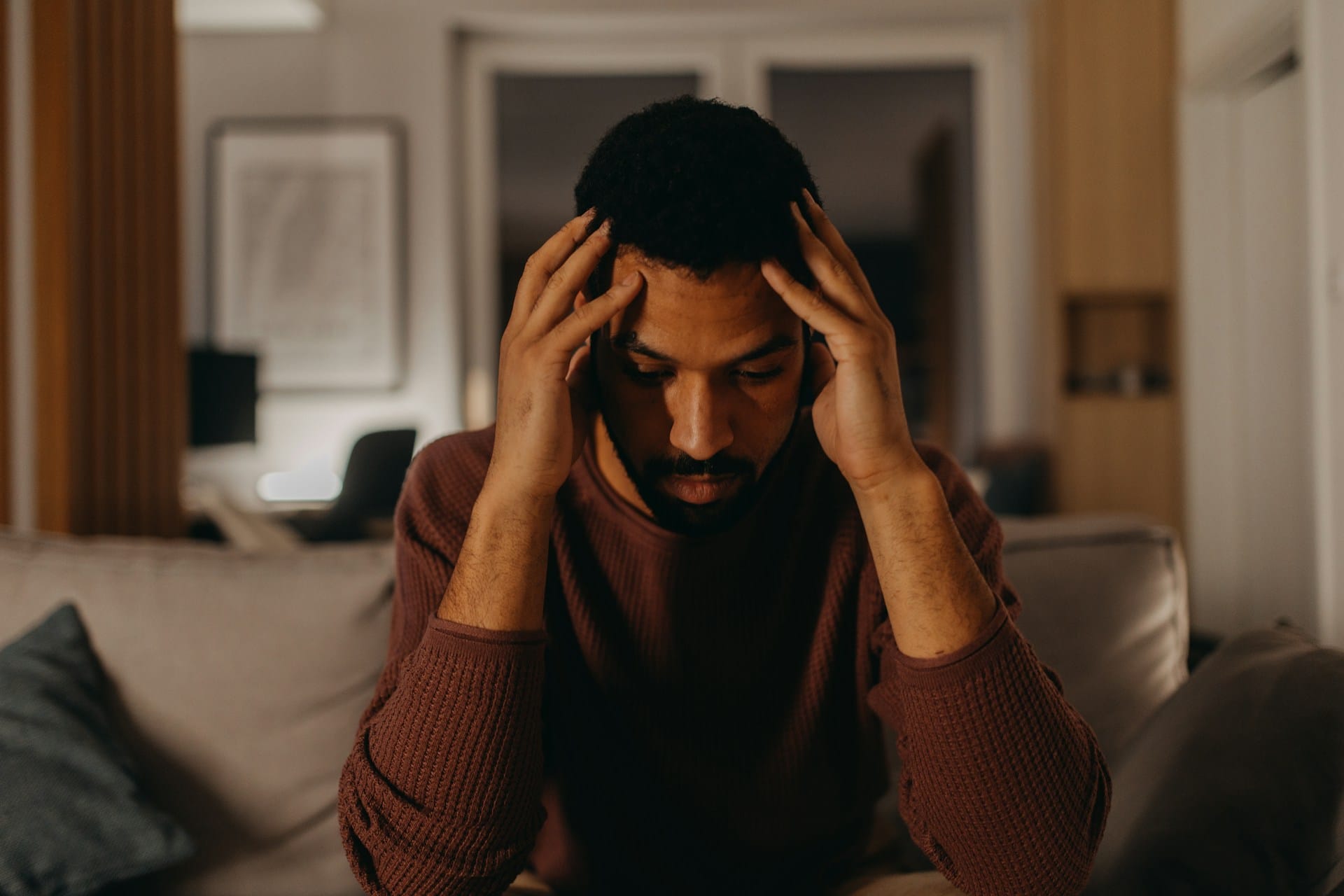You are well aware of the health benefits of exercise. But did you also know that it can improve your mental health and help you deal with sadness, anxiety, stress, and more? It can also improve your sleep.
What advantages can exercise have for mental health?
Exercise benefits go beyond increased muscular mass and cardiovascular fitness. Yes, exercise can enhance your physical well-being and physique, reduce belly fat, enhance your sex life, and even lengthen your life. But most people aren’t motivated to continue exercising by that.
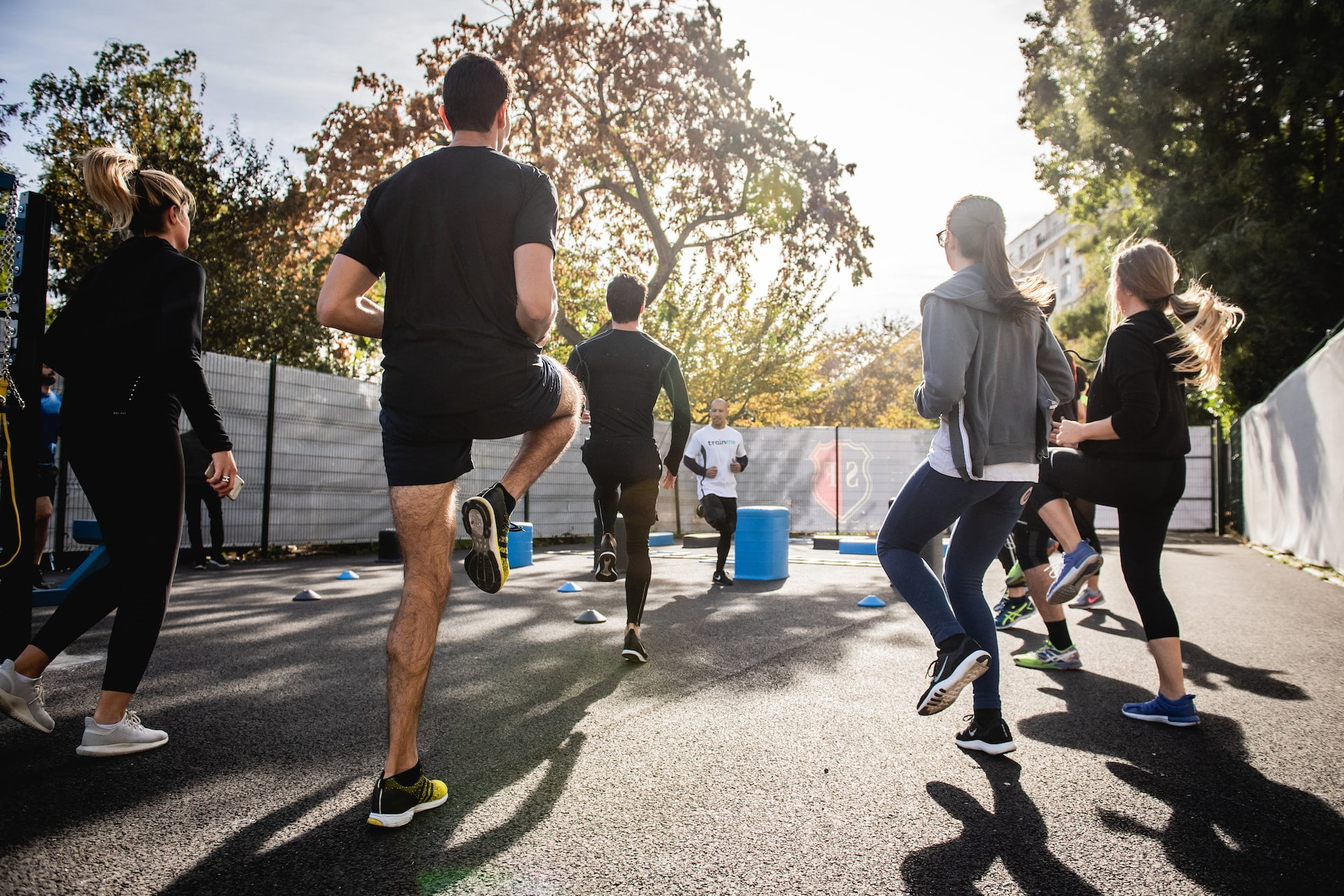
People who exercise frequently usually do so because it makes them feel incredibly good. They enjoy better sleep at night, feel more relaxed and optimistic about themselves and their lives, and have more energy throughout the day. Additionally, it is a potent treatment for many typical mental health issues.
Exercise on a regular basis can significantly improve symptoms of sadness, anxiety, and ADHD. Additionally, it lowers stress, enhances memory, promotes sound sleep, and uplifts your mood in general. You don’t have to be an exercise enthusiast to benefit. At Laguna Christian Counseling, we encourage holistic approaches to mental health, and regular exercise can be a powerful tool to support your overall well-being.
According to research, even small quantities of exercise can have a significant impact. You may learn to use exercise as a potent tool to manage mental health issues, enhance your energy and outlook, and get more out of life regardless of your age or fitness level.
Depression and exercise.
According to studies, exercise can treat mild to severe depression just as well as antidepressant medication, but without any negative side effects. For instance, a recent study from the Harvard T.H. Chan School of Public Health discovered that walking for an hour or running for 15 minutes each day lowers the risk of serious depression by 26%. According to study, exercising regularly can help you avoid relapsing in addition to reducing the symptoms of depression.
For a number of reasons, exercise is a highly effective depression fighter. Most significantly, it encourages a variety of mental changes, including as neuronal development, decreased inflammation, and new activity patterns that foster emotions of peace and wellbeing.
It also causes the production of endorphins, potent brain chemicals that lift your mood and make you feel happy. Last but not least, exercise can work as a diversion, enabling you to find some quiet time to end the vicious loop of pessimistic thoughts that fuel sadness.
Anxiety and exercise.
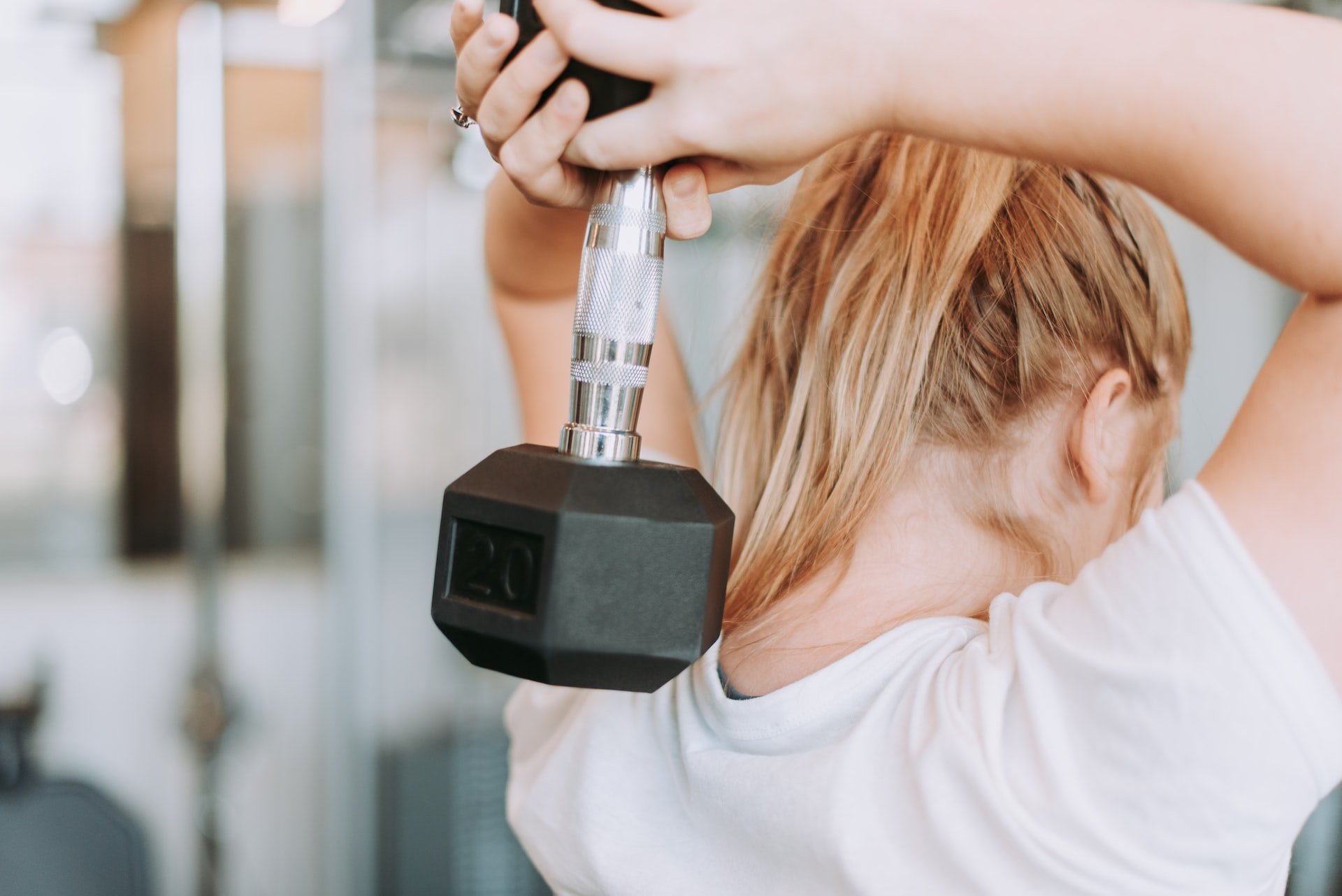 An efficient and all-natural anxiety cure is exercise. Through the endorphin release, it reduces tension and stress, increases physical and mental energy, and improves wellbeing. Any activity that keeps you moving might be beneficial, but if you focus instead of drifting off, you’ll gain more.
An efficient and all-natural anxiety cure is exercise. Through the endorphin release, it reduces tension and stress, increases physical and mental energy, and improves wellbeing. Any activity that keeps you moving might be beneficial, but if you focus instead of drifting off, you’ll gain more.
Try to pay attention to small details, such as the sound of your feet on the ground, the rhythm of your breathing, or the sensation of the wind on your skin. You’ll not only be in better physical shape faster by incorporating this mindfulness component into your workouts – really paying attention to your body and how it feels – but you might also be able to stop the constant stream of anxieties that are going through your head.
Stress and exercise.
Have you ever paid attention to how your body reacts to stress? Your stiff muscles, particularly those in your face, neck, and shoulders, could be the cause of your back discomfort, neck pain, or excruciating headaches. Muscle cramps, a racing heart, or a tightness in your chest could be stress symptoms.
Other issues that you can encounter include sleeplessness, heartburn, stomachaches, diarrhea, and frequent urination. As a result of the anxiety and discomfort brought on by all these bodily symptoms, a vicious loop between your mind and body can be created that might result in even more stress.
Exercise is a powerful tool for ending this pattern. Physical exercise helps to relax the muscles and release tension in the body in addition to releasing endorphins in the brain. Since the body and mind are intertwined, when one is feeling better, the other will as well.
Activity and ADHD.
Regular exercise is one of the simplest and most efficient strategies to lessen ADHD symptoms and enhance focus, motivation, memory, and mood. Dopamine, norepinephrine, and serotonin levels in the brain are all rapidly increased by physical exercise, which has an impact on focus and attention. In this way, exercise functions similarly to ADHD drugs like Ritalin and Adderall.
Exercise and trauma and PTSD.
There is evidence to support the idea that paying close attention to your body and how it feels when exercising might really assist your nervous system get “unstuck” and start to emerge from the immobility stress reaction that defines PTSD or trauma.
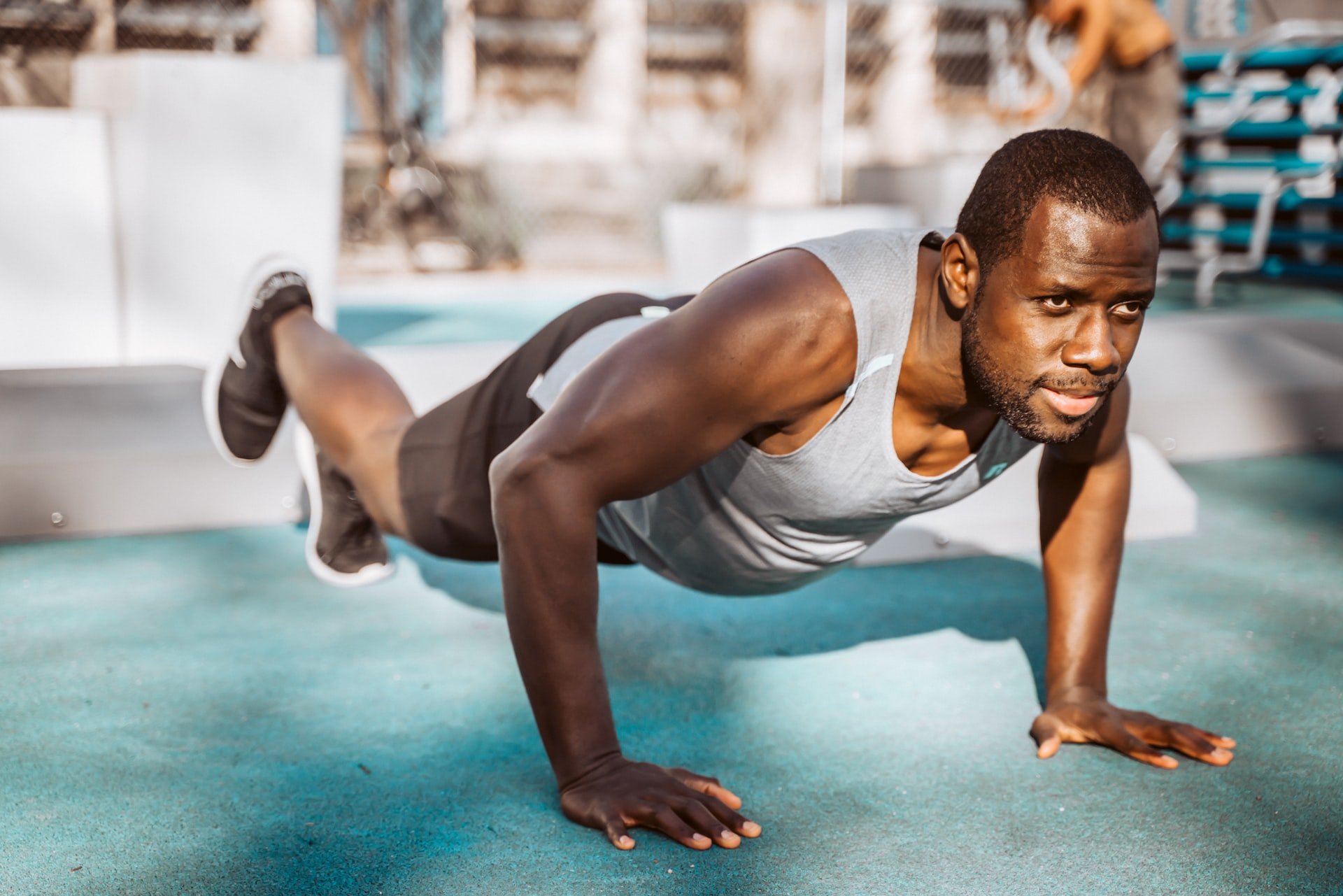 Instead of letting your thoughts wander, concentrate on the physical sensations your joints, muscles, and even your internal organs are experiencing as you move your body. Some of your greatest options are cross-movement exercises that use both your arms and legs, such walking (particularly in sand), running, swimming, weight training, or dancing.
Instead of letting your thoughts wander, concentrate on the physical sensations your joints, muscles, and even your internal organs are experiencing as you move your body. Some of your greatest options are cross-movement exercises that use both your arms and legs, such walking (particularly in sand), running, swimming, weight training, or dancing.
PTSD symptoms have also been demonstrated to improve with outdoor pursuits like hiking, sailing, mountain biking, rock climbing, whitewater rafting, and skiing (both cross-country and downhill).
Other advantages of exercise for mental health.
Regular physical activity can still provide a pleasant boost to your mood, outlook, and mental well-being even if you don’t have a mental health condition.
Sharper memory and thought processes. The same endorphins that improve your mood also aid in concentration and help you feel intellectually alert for the activity at hand. Additionally, exercise promotes the development of new brain cells and protects against age-related deterioration.
Increased self-esteem. An investment in your mind, body, and soul is regular exercise. When you do it regularly, it can help you feel strong and powerful and improve your sense of self-worth. You’ll feel more confident in your appearance and will experience a sense of accomplishment when you reach even modest workout goals.
Improved sleep. Even brief spurts of exercise can help you control your sleep patterns in the morning or the afternoon. Yoga and mild stretching are soothing workouts that can aid in sleep promotion if you choose to exercise at night.
More energy. Raising your heart rate several times a week will provide you extra vigor. Begin each day with just a few minutes of exercise. Then as you become more energized, lengthen your activity.
Stronger adaptability. Exercise can help you develop resiliency and cope in a healthy way when faced with mental or emotional obstacles in life, as opposed to turning to drink, drugs, or other harmful activities that ultimately only make your symptoms worse. Additionally, regular exercise helps strengthen your immune system and lessen the effects of stress.
It’s simpler than you would think to get the benefits of exercise for mental health. To fully benefit from exercise’s positive effects on your physical and mental health, you don’t need to take hours out of your busy day to train at the gym, work up a sweat, or do miles and miles of tedious exercise.
Five times a week, just thirty minutes of moderate exercise is sufficient. Even that can be divided into two fifteen-minute workout sessions or even three ten-minute workout sessions if that is more convenient.
Combating barriers.
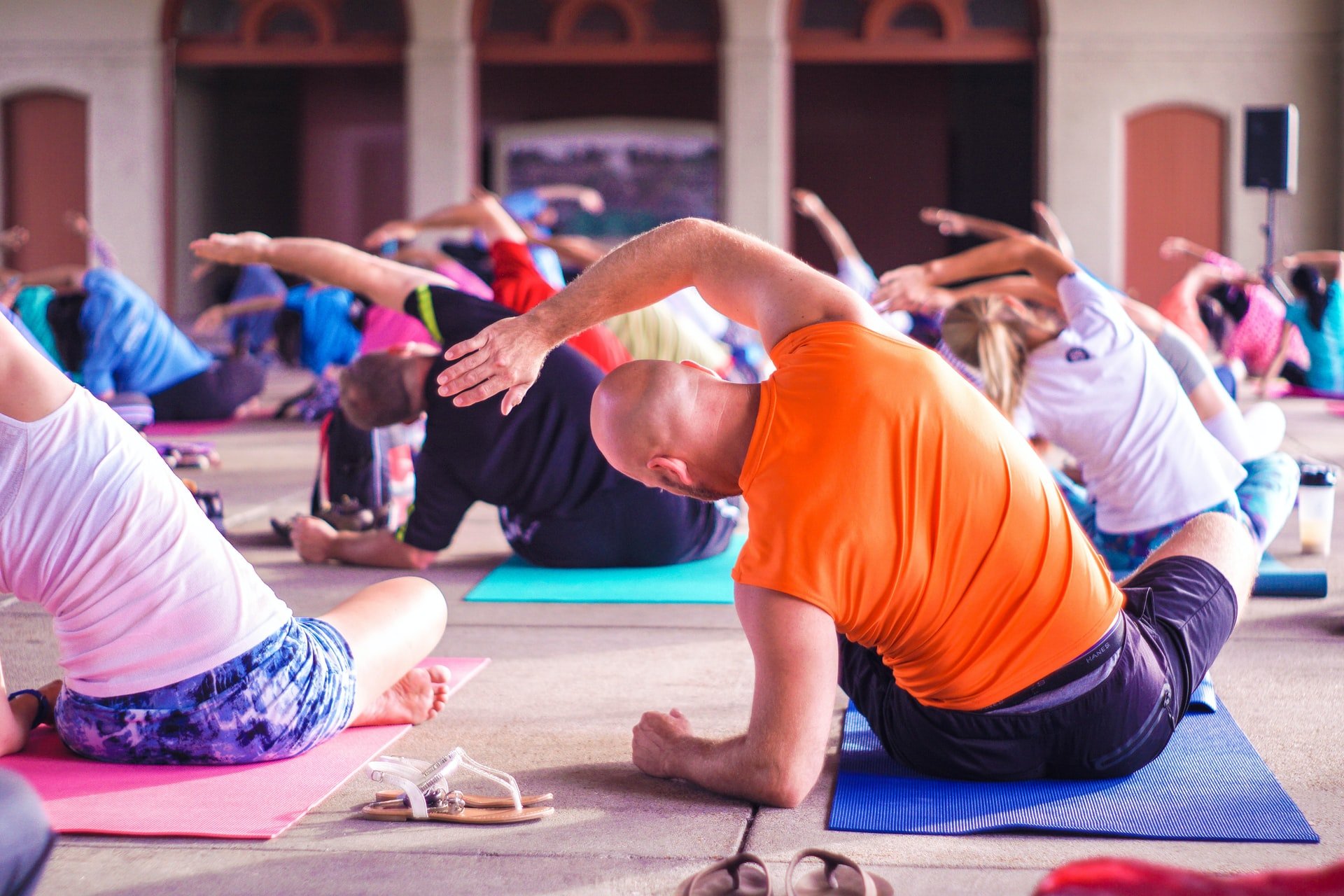 Getting started is still easier said than done, even when you know that exercise would make you feel better. Exercise-related challenges are real, especially if you’re simultaneously dealing with a mental health problem.
Getting started is still easier said than done, even when you know that exercise would make you feel better. Exercise-related challenges are real, especially if you’re simultaneously dealing with a mental health problem.
Here are some typical obstacles and some solutions.
Feeling worn out. It seems like exercising out can only make you feel worse when you’re exhausted, unhappy, or under stress. But the fact remains that exercise is a potent energizer. According to studies, regular exercise significantly reduces weariness and boosts energy levels. If you are truly exhausted, go for a five-minute stroll. You’ll likely have more energy and be able to walk farther once you start moving.
Feeling overburdened. The idea of adding another commitment to your hectic daily schedule can seem daunting when you’re anxious or sad. It just doesn’t seem sensible to exercise. Finding childcare while working out can be difficult if you have young children. You may, however, find ways to squeeze in brief bouts of exercise into even the busiest schedule if you start to prioritize it as a requirement for your mental health.
Having lost all hope. Even if you’ve never worked out before, you can still find comfortable ways to move more. Start out gently with a few minutes a day of simple, low-impact exercises like walking or dancing.
Feeling self-conscious. Are you ever critical of yourself? It’s time to experiment with a different perspective on your physique. There are many other people in the same situation as you, regardless of your weight, age, or degree of fitness. Invite a friend to work out with you.
You may improve your self-image and increase body confidence by reaching even the smallest fitness goals. As you begin this journey, get in touch with us at Laguna Christian Counseling and speak with a counselor about your mental health. A counselor can help you improve your mental health while you engage in an exercise program.
“Exercise Group”, Courtesy of Gabin Vallet, Unsplash.com, CC0 License; “Weight-training”, Courtesy of Samantha Gades, Unsplash.com, CC0 License; “Workout”, Courtesy of Fortune Vieyra, Unsplash.com, CC0 License; “Exercise”, Courtesy of Anupam Mahapatra, Unsplash.com, CC0 License
- Kate Motaung: Curator
Kate Motaung is the Senior Writer, Editor, and Content Manager for a multi-state company. She is the author of several books including Letters to Grief, 101 Prayers for Comfort in Difficult Times, and A Place to Land: A Story of Longing and Belonging...
DISCLAIMER: THIS ARTICLE DOES NOT PROVIDE MEDICAL ADVICE
Articles are intended for informational purposes only and do not constitute medical advice; the content is not intended to be a substitute for professional medical advice, diagnosis, or treatment. All opinions expressed by authors and quoted sources are their own and do not necessarily reflect the opinions of the editors, publishers or editorial boards of Stone Oak Christian Counseling. This website does not recommend or endorse any specific tests, physicians, products, procedures, opinions, or other information that may be mentioned on the Site. Reliance on any information provided by this website is solely at your own risk.





